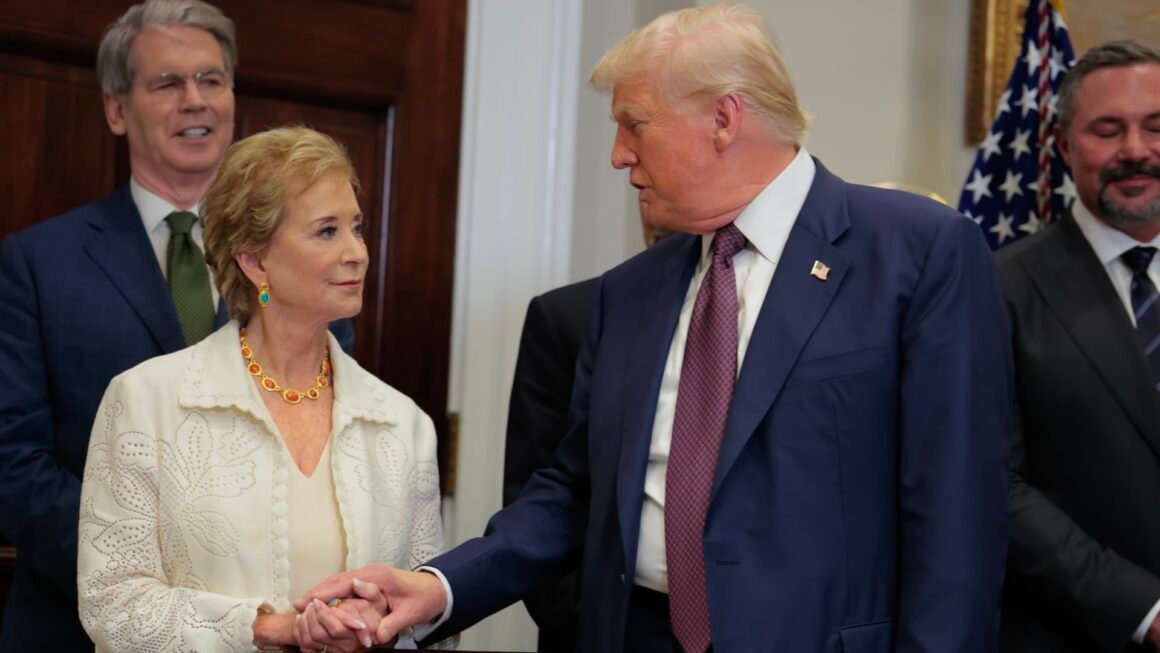Chairman Jason Smith (R-MO) speaks during a House Committee on Ways and Means in the Longworth House Office Building on April 30, 2024 in Washington, D.C.
Anna Moneymaker | Getty Images News | Getty Images
With less than one week until President-elect Donald Trump takes office, some House Republicans are pushing for swift extensions of the GOP’s 2017 tax legislation.
Absent action from Congress, trillions of tax breaks are scheduled to expire after 2025, including lower tax brackets, a more generous child tax credit and a 20% deduction for pass-through businesses, among others. More than 60% of taxpayers could see higher taxes in 2026 without extensions of provisions in the Tax Cuts and Jobs Act, or TCJA, according to the Tax Foundation.
“We must not leave families and small businesses waiting for Congress to do the right thing and provide tax relief at the 11th hour,” House Ways and Means Committee Chairman Jason Smith, R-Mo., said during a committee hearing on Tuesday.
More from Personal Finance:
30 million people could qualify to use IRS free Direct File program
New Social Security benefit legislation points to need for broader reform
Biden forgives student loans for over 150,000 borrowers in final days in office
With full control of Congress and the White House, Republicans can pass legislation through a process known as “reconciliation,” which bypasses the filibuster.
“We must make the Trump tax cuts permanent as soon as possible,” Smith said.
However, some lawmakers on both sides of the aisle have criticized the cost of fully extending Trump’s expiring tax provisions, particularly amid concerns about the federal budget deficit.
The three-month fiscal year 2025 deficit grew to $710.9 billion in December, nearly 40% higher than the same period the previous year, the U.S. Department of the Treasury reported on Tuesday.
Some Democrats have also pushed back on TCJA extensions, noting that they disproportionately benefit the wealthy, rather than middle-class families.
“We know that most of these [tax] cuts went to people at the very top,” Richard Neal, D-Mass., ranking member of the House Ways and Means Committee, said during the hearing. “The American people are living under this tax plan and they need relief from it.”
Fully extending Trump’s expiring tax cuts could cost an estimated $4.2 trillion over 10 years, according to a report released last week by the Treasury.
If extended, the average family would save 2.2% of after-tax income, whereas the top 0.1% of earners would receive a 4.2% reduction, the report found. When you factor in income, the average family would save roughly $2,000 per year, while the highest 0.1% could see an average tax savings of about $314,000. These figures are based on 2025 data.














